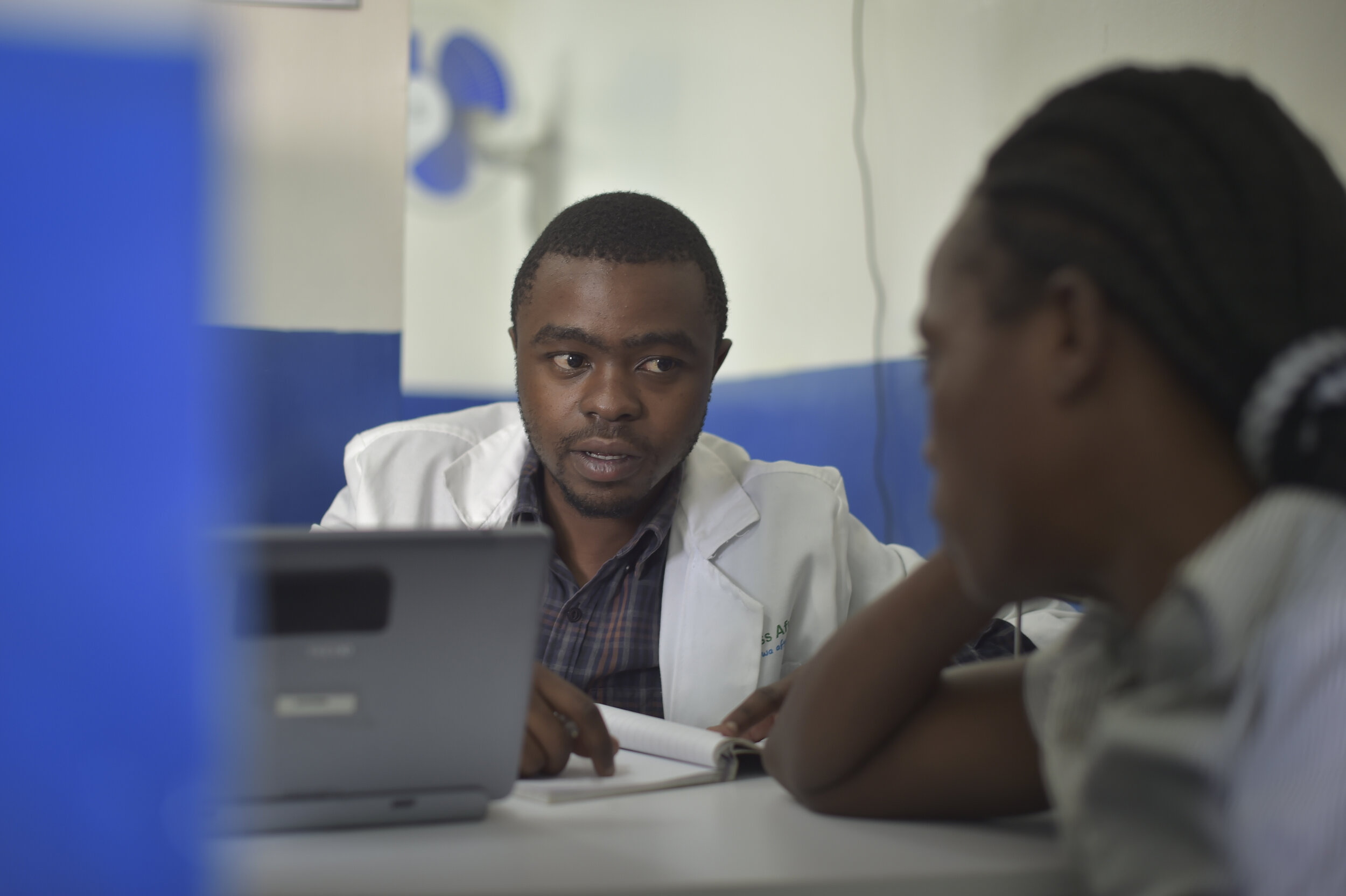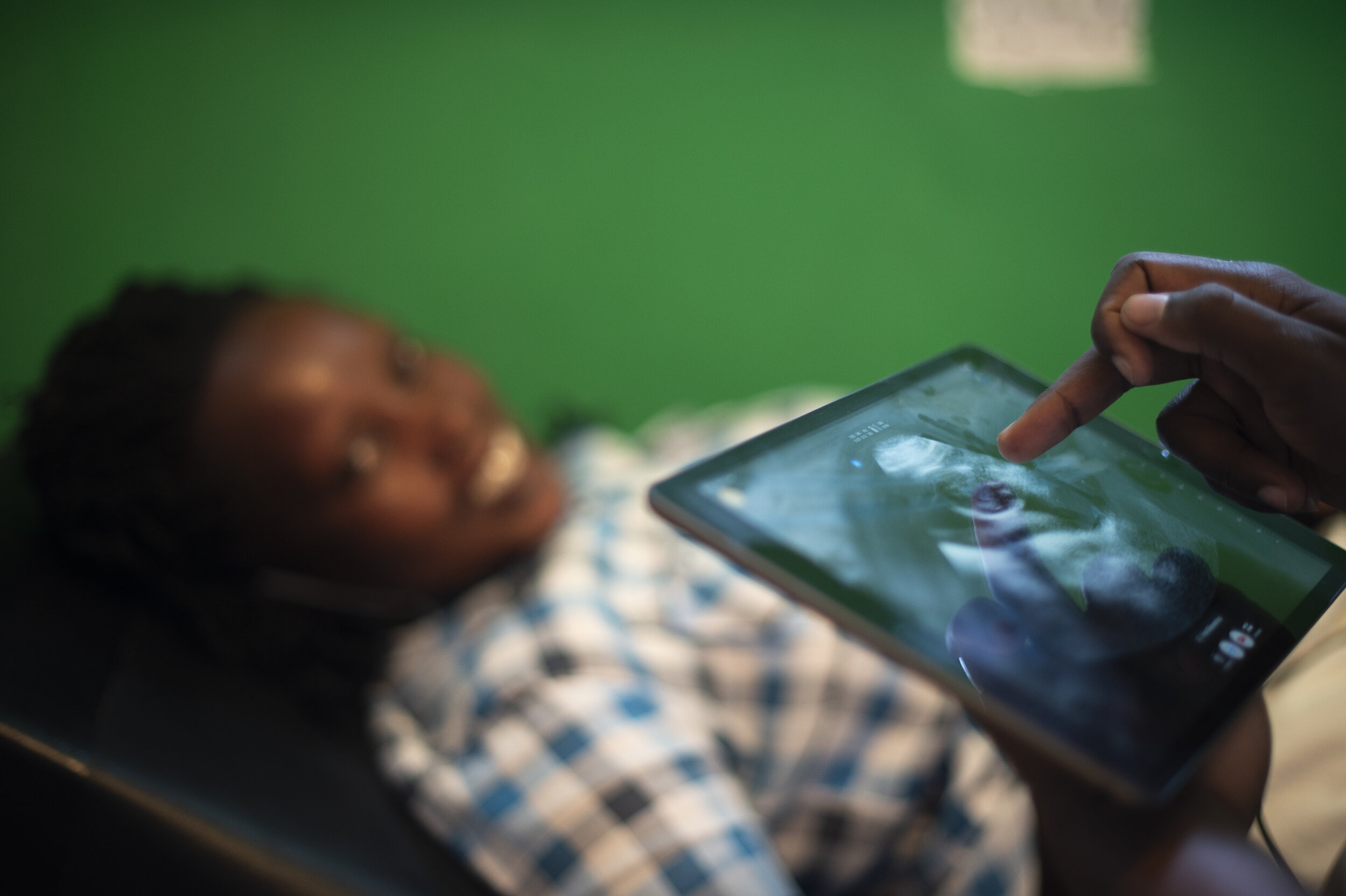A Portfolio of Things I’m Proud Of
-

Access Afya
Access Afya is showing the world what healthcare looks like if we start from a blank slate, unencumbered by legacy infrastructure and ideology, focusing on the patient experience.
Access Afya is a primary healthcare company operating in Nairobi, Kenya. The first clinic I helped design and build in 2012 was fully paperless, from the patient registration to the follow-up days later via text message.
The original model was an urban health hub stocked with digital and rapid diagnostics and quality-assured essential medications.
Since then, we’ve expanded to provide a number of award-winning programs including ultrasound services and diabetes management.
Access Afya has over five times the average Net Promoter Score for healthcare providers in Kenya, ranks in the top 1% of clinics in the country on quality standards and was recognized by the Kenyan National Chamber of Commerce as having the Best Customer Care in Kenya.
The business is currently scaling through a franchise retail clinic model and a digital health platform. True to our core values, we continue to obsessively monitor and transparently report on the patient experience.
Within three days of a visit, 98% of our patients are feeling better.
-

Digital Blacksmiths
The Digital Blacksmiths initiative works with makers to design and build the products their community needs.
Much of Africa has low local product development and manufacturing capability, often with ill-functioning outdated equipment. Poor infrastructure drives up the cost of distribution of imported manufactured goods.
3D printing could make manufacturing scalable and eliminate the need for distribution almost completely, sending goods “down the wires.” We believe this could do for distribution what the Internet has already done for information.
I worked on establishing a network of independent makers which started in Tanzania, Kenya and Ghana. We leveraged the technical development of our parent nonprofit, which developed a 3D printer built from locally available e-waste, and the world’s first small-scale filament extruder using recycled plastic bottles.
I wrote about some of the most creative makers I had the chance to work with for The African Technopolitan. (page 38)
-

Write of Passage Global
Write of Passage is a fast-growing online writing school teaching students to be active citizens of the internet by sharing their thoughts online.
When I moved to London, I struggled to interact with the community fully, or access the live, interactive curriculum without pull all-nighters.
I worked with the Write of Passage team to design and implement programs that would improve accessibility for all students. This included:
Working as an Ambassador and a Mentor to offer welcome calls and teaching sessions.
Helping to create and host Watch Parties. These were sessions where key elements of the curriculum were played from the night before, and I facilitated breakouts, group discussions and activities live.
Leveraging our active alumni to offer around-the-clock events.
Crafting targeted comms for students living outside of the Americas.
In my time with Write of Passage, I also led five mentor sessions focused on finding your voice, increasing your serendipity and building your writing community.
-

African Healthcare Funders Forum
I was on the founding team of a new course and community working to catalyze capital for African health innovators.
We saw a massive disconnect between the types of capital available for health entrepreneurs, and the types of businesses being built. Our 10-week curriculum walked participants through a complete re-imagining of what the healthcare and funding landscape could look like.
My role was to develop curriculum around rethinking healthcare and how we finance it, and to deliver content through live, interactive discussions. The course kicked off a community that is ongoing today.
-

mDaktari
mDaktari is a virtual clinic for the mass market.
As the world turned to telemedicine at the height of the COVID-19 pandemic, the majority of Kenyans were left behind due to cost or usability issues.
My team and I worked on mDaktari, a lightweight telemedicine platform that offers voice, text and even WhatsApp options for remote care.
Access Afya patients in the Kiambiu informal settlement of Kenya use mDaktari to manage chronic conditions.